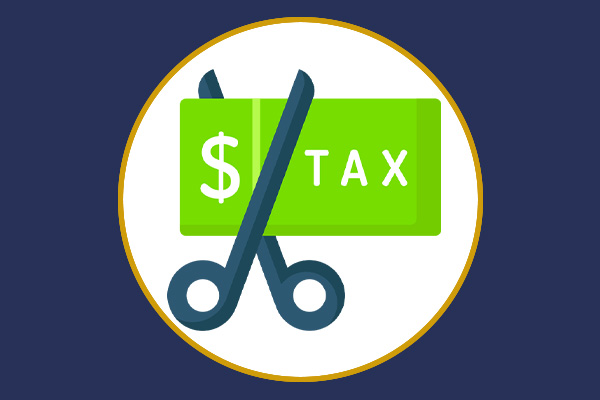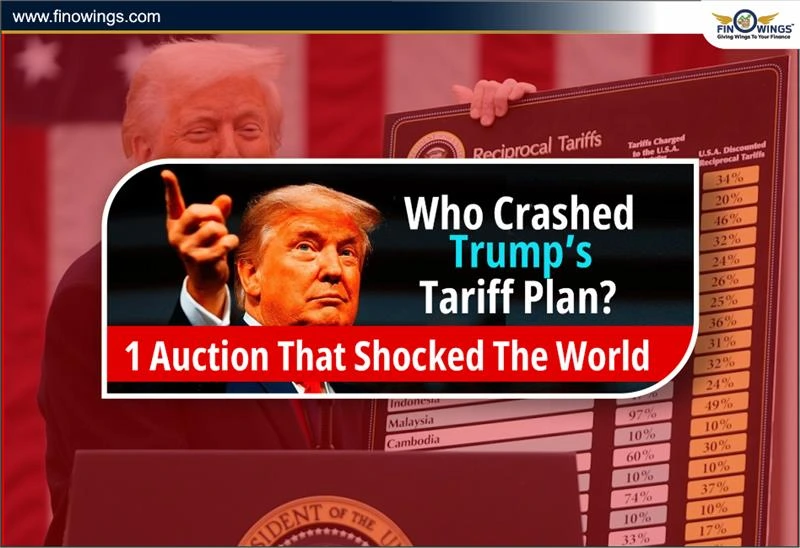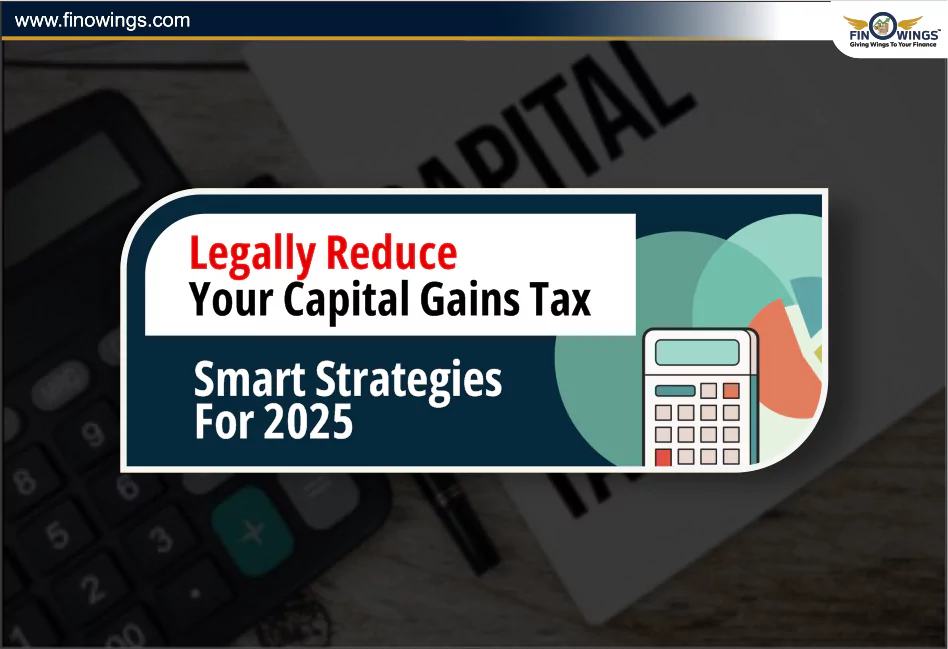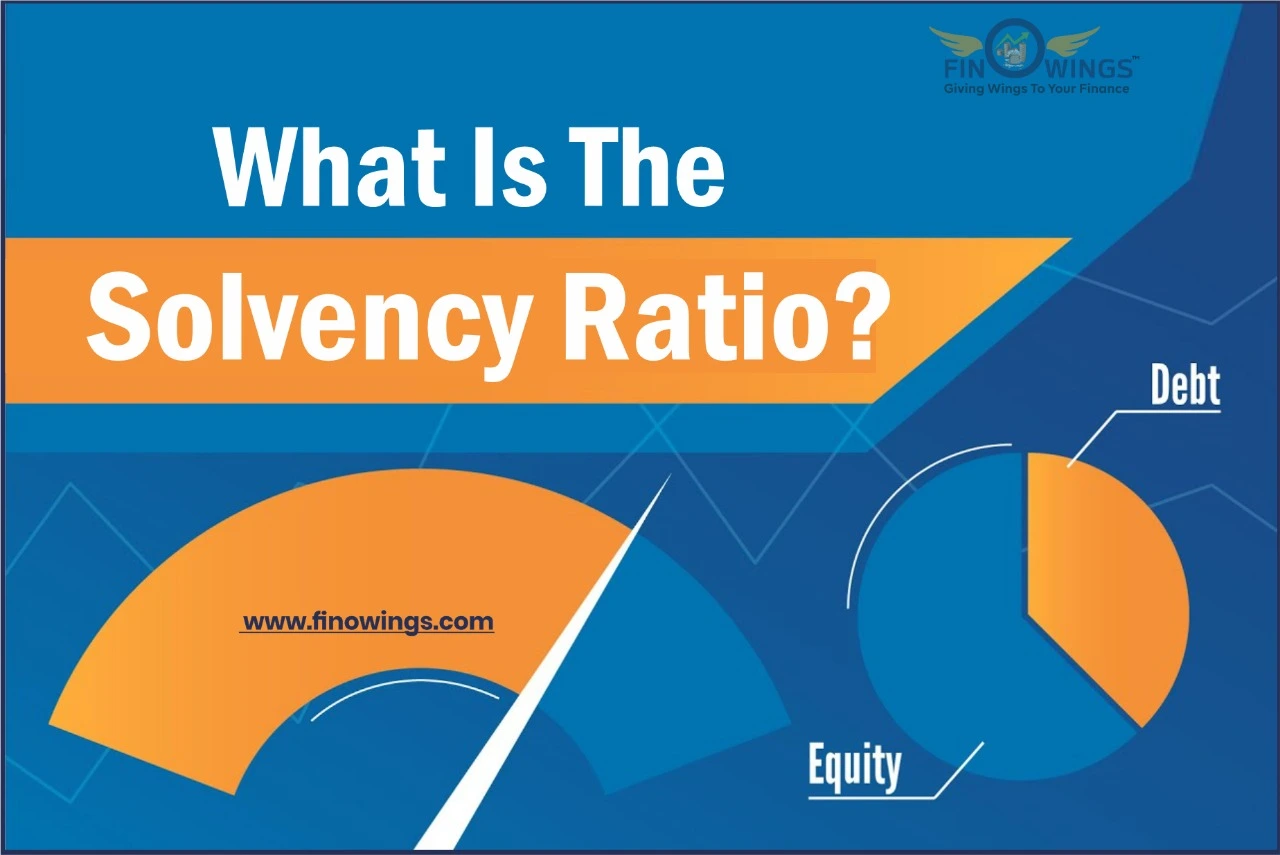Have you heard of the term windfall? It means unexpected gains. Due to the Russo-Ukraine war, oil prices in the international market are skyrocketing, and these oil companies have made huge profits during this period, which is higher than usual. The Indian oil industry was also earning unexpected gains due to the global rise in crude oil prices.
Oil refineries benefited from increased revenue after the government imposed a
windfall tax on them, but rising oil prices were bad for the general populace.
On July 1, 2022, the government slapped a Windfall tax on domestic oil producers since global crude oil prices are breaking records, and these oil businesses have generated enormous profits in the previous three months. This was done so that the rising oil prices could be controlled and the domestic petrol requirements could be met.
Petrol and aviation turbine fuel (ATF) were included in the list of motor fuels subject to the government's export levy of Rs 6 per liter. At the same time, an export duty of Rs 13 per liter was imposed on a product like diesel. The move affected both exporters and refineries, including Reliance, ONGC, and GAIL India.
However, the government reduced the windfall tax a few days ago on the demand of oil and gas companies. We shall learn about the windfall tax today via this blog. What effects would a windfall tax have on the oil and gas industry?
Windfall tax is imposed on a company when that company benefits from something for which they are not responsible. Such financial gain is called unexpected profit. Windfall tax is levied only on these unexpected gains. Not only in India but governments in other countries also levy one-time tax on such profits compared to the usual tax.
In recent times, government expenditure has increased significantly, and to fill this gap, windfall taxes were imposed on oil and gas companies.
In other words, a windfall tax is a high tax rate levied on an industry or company due to a sudden unexpected profit. Often the main reason for this is war, natural disaster, or geopolitical unrest, which disrupts the demand and supply chain.
We all know that crude oil prices fluctuate widely on the world market. Due to the Russo-Ukraine war, there was a tremendous increase in crude oil prices, due to which Indian oil companies posted many higher-than-usual profits. ONGC, 3G upstream oil companies, BPCL, Reliance, and GAIL India, declared their all-time high gains in the first quarter of 2022 when international crude oil prices hit their 14-year high.
Because of this, the government announced the imposition of a windfall tax on oil companies. The argument was that the Indian rupee was weakening, which increased the value of imports, and India's trade deficit had reached a record high. At the same time, after the reduction in central excise duty, the government's expenditure increased significantly. To meet the same gap, there was a need to impose a windfall tax on oil companies, and the government wanted to increase its earnings by reducing its losses.
The government had to take this step to ensure the continuous supply of crude oil in the domestic market.
It is not that only the Government of India has used the windfall tax. Earlier, governments of different countries imposed windfall taxes on their industries from time to time.
Due to the Russia-Ukrainian War of the same year, on May 26, the UK government announced a windfall tax of about 25% on oil and gas companies. Windfall tax is not new to the oil and energy sector. In the 1980s, when American oil companies were making huge profits, the US government imposed a windfall tax on oil companies to keep oil prices under control.
Other countries such as the US, UK, Hungary, and Italy also imposed windfall taxes on the
energy sectors.
- The government can use the windfall tax in many fields. There are many proposed schemes of the government, keeping in mind that windfall tax can be used to maintain the state of the economy and benefit the people of the society.
- Many people oppose such a tax. Despite this, the government encourages such profits through reinvestment in different sectors. Due to this, the welfare of society is done, and the country develops.
- The government's main objective is to bring down the price levels of costly goods and services by imposing a windfall tax on companies and benefit the end consumer. It is not imposed on industries of every sector, as it reduces investment.
- Even in 2018, as fuel and gasoline prices were increasing, the government was considering slapping a windfall tax on corporations that produce natural gas and oil. The first responsibility of the government is to ensure the supply of fuel at the domestic level.
- The government argues that if a person or company earns profit purely from luck, it should share this profit with the people as well, especially when people are suffering in the same scenario. The government also says that many oil companies receive huge subsidies from the government, yet when they do not share their excess profits with the people, the government has to take action.

It is not necessary, but a windfall tax is imposed on most energy and oil companies worldwide. The price of crude oil has grown dramatically globally during the past few months. Due to this, domestic oil producers also sell crude oil at international parity prices.
Indian domestic oil producers and refiners generated substantial revenues, despite the steep rise in crude oil prices. Since products like petrol and fuel are human needs, sales do not decrease even if the price rises. Additionally, it was claimed that Indian refiners were profitable by buying crude oil from Russia at a lower cost and reselling it domestically and abroad at a higher cost. They were getting higher prices for crude oil and gained an unexpected huge profit. That's why the government imposed a windfall tax on them.
The government benefits the most from windfall tax because windfall tax increases government revenue. With the increase in government revenue, the government can pay more attention to schemes related to the public interest, health facilities, infrastructure, sanitation, and military strength of the country. In other words, the government spends that money on the development of the country and the people.
The government invests this additional money raised through windfall tax in the field of exports so that the country's export ratio can increase and also the country's economy can be strengthened.
Windfall tax is a one-time tax, i.e., these taxes cannot be levied on any company or industry for a long time. Therefore windfall tax is better than a corporate tax because once corporate tax rates are increased, companies may have to share more profits in the long run than windfall tax.
If companies become aware that they may be subject to windfall tax, they will not seek profits in new business plans. That's why the government imposes windfalls on companies without informing them. The government deposits a vital part of these received taxes in bank fixed deposits.
The government pays windfall taxes to the bank so that banks can provide loans to customers at a lower interest rate. The customer can use this loan for his urgent work. For example, for housing, a car, education, etc.
The government can give a part of this fund to a reputed charitable organization, which is associated with the work of health, education, or child welfare.
The biggest drawback of the windfall tax is that it will encourage other industries to not do well, and at the same time, companies will be afraid to join the profitable industries. It will reduce investment, and investors can demand higher investment returns. Long-term investors are more likely to suffer losses than this.
The second significant drawback of the windfall tax is that it can reduce dividend payments to investors who invest in oil-producing companies. When investors get fewer returns, they will withdraw from investing. It will increase the energy cost, and the life of the people can be much affected.
Of course, windfall tax is not good for companies and industries, but windfall tax is a good source of increasing government revenue. The government cannot forcibly impose a windfall tax on any company. This tax is imposed only on those companies which have earned additional profits. The government also spends the taxes received for the public interest. The main objective of windfall tax is to balance the domestic demand and supply of the product because sometimes companies forget the interest of their customers while earning their profits. In such a situation, they need to realize that the customer is paramount. Their products sell when people buy them. They also have some responsibility towards the people. If they have made some extra profit, they should be shared with the people.


















